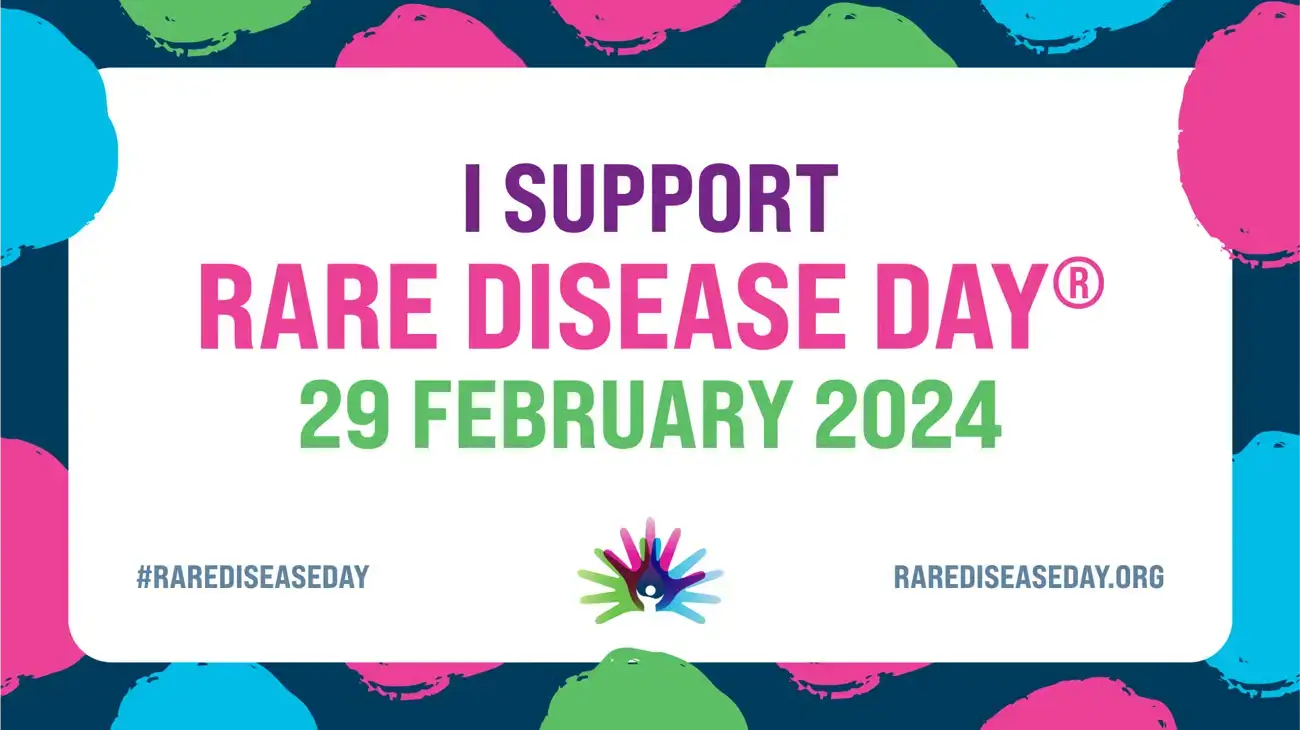Reality television is often a go-to for the holiday season; after good food and drink, there is nothing like either a nap or a dose of some ridiculous challenge for either a celebrity, a nudist, a dewy-eyed romantic dreamer or amake-over victim. Or food preparation. So many shows seduce us with food or fancy cakes, it's no wonder our approach to the New Year often contains some rueful resolve to shed some inches or gasp our way to greater fitness.
In our first article for 2024, we too have indulged in some reality television - but with a difference. Continuing our series of articles about Alzheimer's disease, Beth Howe explores a novel approach to keeping mental faculties at their optimum, rather than numbing them to oblivion with rehearsed platitudes and standardised responses.
The Restaurant which Makes Mistakes is a heart-warming TV series and I hope that anyone interested in keeping the quality of life for Alzheimer's patients as high as possible, is able to access and enjoy it. Andcan use it to develop innovative other ways to keep this challenging and distressing condition at bay.
In other pharma-related news, it seems that mergers and acquisitions have taken a leap over the past 12 months, AI and data analysis remain very hot topics, and (we hope) patient-centred healthcare remains the most important goal for research. Although I find it unnerving to find it's already February (perhaps all this disheartening and accelerating climate change has had an impact on my perception of days passing) I trust you are all firmly on the ladder towards a very successful 2024.
All the very best,
Ruth & the Rx Team
We'll deliver straight to your inbox
Raising Awareness for Rare Disease Day!

As we sidestep from the comfort of holiday indulgences into the brisk reality of February, let's shift our focus to a topic that, while less mainstream than our beloved reality TV escapades, is equally deserving of our attention. Rare Disease Day 2024 is upon us, casting a light on the extraordinary lives of those among the 300 million worldwide facing rare conditions. These are not scripted dramas but real-life challenges marked by elusive diagnoses and quests for adequate care, reflecting a spectrum of stories as diverse as the human spirit.
At Rx, we're no strangers to the complexities and nuances of rare diseases, a field where we've honed our expertise with the precision of a master chef. This Rare Disease Day, we invite you to join us in amplifying awareness, advocating for equitable healthcare, and fostering a community that reaches beyond the ordinary, into the extraordinary.
So, while reality TV offers a slice of escapism, let's not forget the real heroes living with rare diseases, striving each day for their moment in the sun. Their stories might not make it to prime time, but they're writing episodes of resilience and hope that deserve our undivided attention. Here's to making Rare Disease Day 2024 a milestone in awareness, action, and advocacy. [Link]
Continuing the Conversation on Alzheimer's: Beyond the Diagnosis

We are thrilled to share the third instalment in our series focused on the journey of living with Alzheimer's disease (AD). This edition, titled "Navigating Life with Alzheimer's: Beyond the Diagnosis," delves deep into the personal and societal impacts of this challenging condition, touching the lives of not just those diagnosed but also their families and caregivers.
In this exploration, we uncover the multifaceted nature of Alzheimer's disease, highlighting its status as not only a leading cause of disability and mortality but also a source of significant emotional and financial strain on families which underscores the critical need for quality of life-focused care.
Join us as we continue to explore the complex landscape of Alzheimer's disease, offering insights, stories, and evidence-based strategies aimed at improving the lives of those affected and their caregivers. Read more here
In the news (In case you missed it)
- The FDA has approved Amtagvi, the first T-cell therapy for solid tumours developed by Iovance Biotherapeutics, for advancedmelanoma patients who have previously undergone treatment with a PD-1 inhibitor and a BRAF inhibitor if applicable. Priced at $515,000, Amtagvi is a one-time treatment utilising the patient's own tumour-infiltrating lymphocytes, showing a tumour shrinkage rate of 31.5% in a study. Despite its high cost and complex manufacturing process, Amtagvi represents a significant advancement in immunotherapy, offering hope to patients with solid tumours. [Link]
- Innovations in cell therapy are providing new hope for patients with damaged corneas. Recent advancements involve the injection of cultured human corneal endothelial cells with a ROCK inhibitor, demonstrating improved corneal density and visual acuity in clinical trials. This method, a potential alternative to traditional corneal transplantation, offers a less invasive solution with reduced risk of rejection and complications. [Link]
- Sempre Health, alongside Mark Cuban and other industry players, is disrupting drug pricing by improving medication adherence through dynamic pricing models. Their efforts, supported by collaborations with health plans and PBMs, have shown promising results in increasing prescription adherence rates and reducing emergency visits, with future plans to extend savings to specialty medications. [Link]
- Organon aims for growth through new deals, reflecting on its European launch of Emgality, a migraine medication from Eli Lilly. The company, focusing on women’s health, has acquired various rights and expects significant revenue contributions from its diversified portfolio, including fertility solutions and contraceptives, despite facing challenges such as patent expirations and regulatory impacts in China. [Link]
- Sanofi and Regeneron's Dupixent has received approval from Japan's Ministry of Health, Labor and Welfare for treating chronic spontaneous urticaria (CSU) in patients aged 12 and older, marking a significant step after the FDA's rejection four months prior. Japan's decision, based on the LIBERTY-CUPID A study results, paves the way for Dupixent, already a multi-indication treatment with $11.6 billion in sales last year, to expand its global reach. The FDA had requested additional efficacydata, but with ongoing studies, Dupixent may still secure approval in the U.S. for this new indication. [Link]
- The FDA has approved Roche and Novartis' Xolair for preventing severe allergic reactions to certain foods, making it the first medication aimed at reducing the risk of severe outcomes from accidental exposure. Approved for individuals aged one year and older with IgE-mediated food allergies, Xolair, on the market since 2003 for asthma, has shown effectiveness in a Phase 3 study in increasing the threshold of allergic reaction to foods like peanuts, milk, eggs, and cashews. [Link]



.webp)




